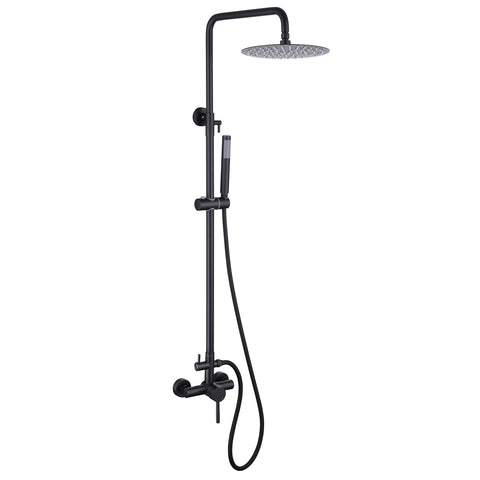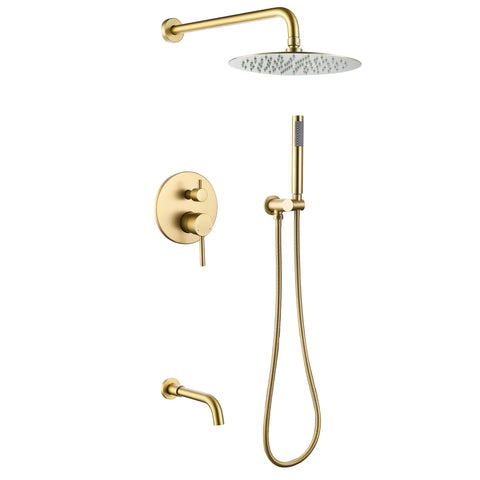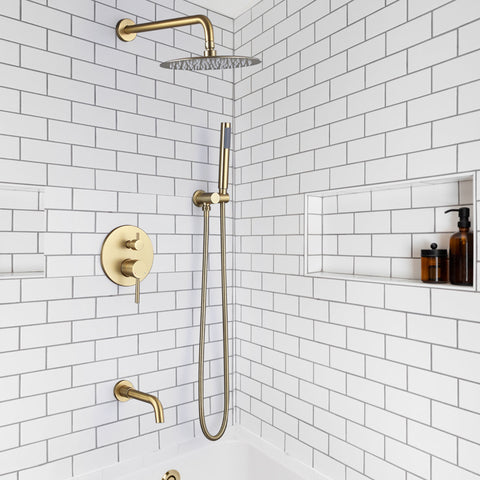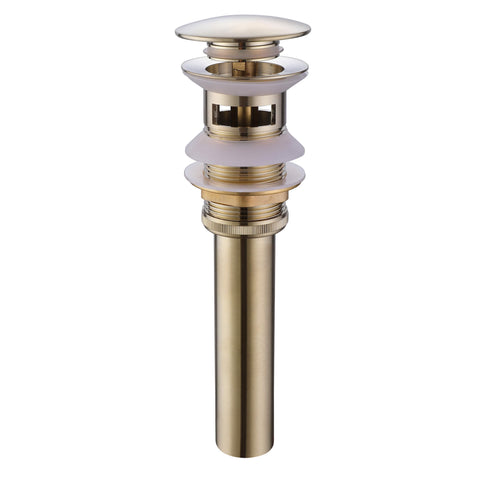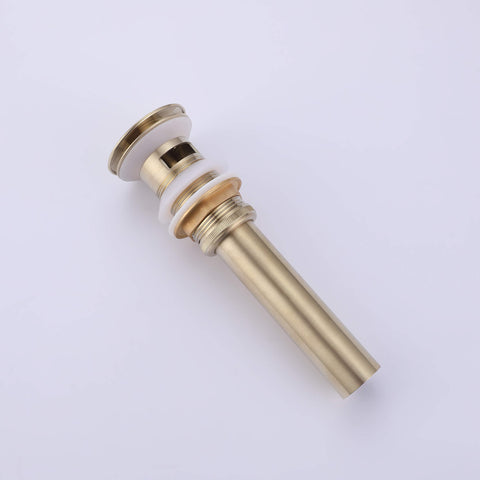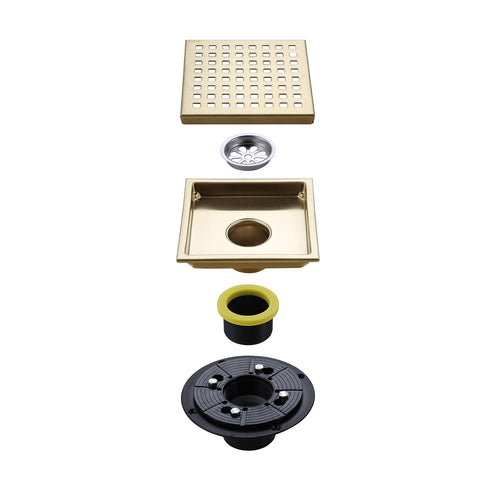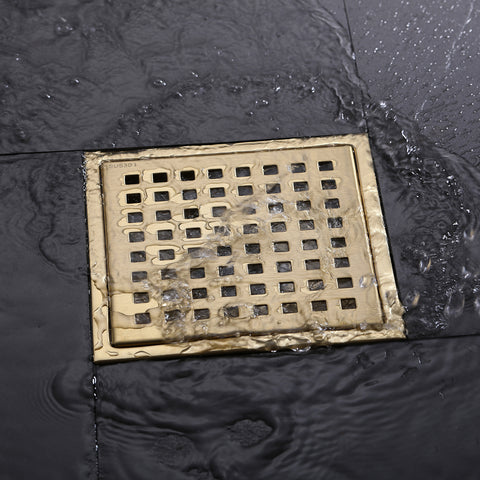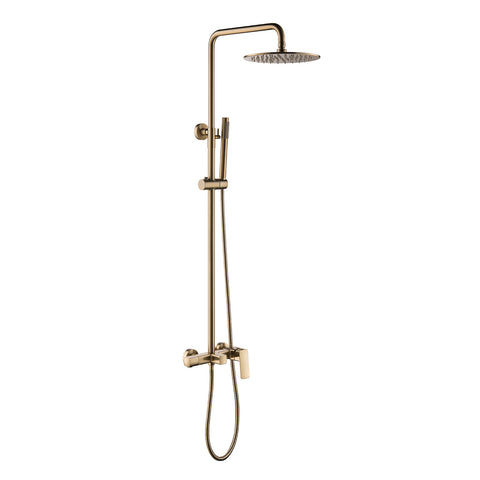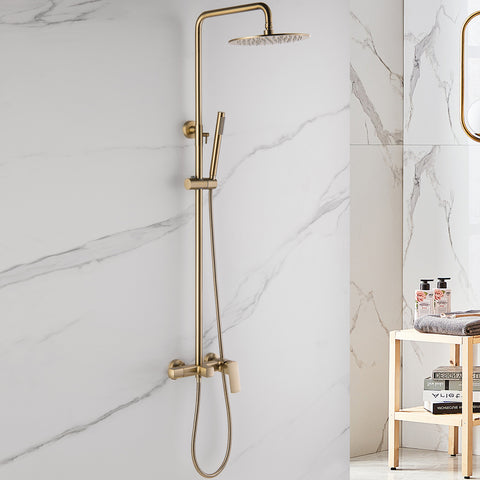Why Does Tap Water Smell Strange? Causes and Solutions
Have you ever turned on your bathroom faucet only to be met with an unpleasant odor from the tap water? If so, you’re not alone. Many homeowners experience unusual smells in their tap water, which can be caused by various factors. Understanding the source of the problem is key to finding the right solution. In this blog, we’ll explore the common reasons why tap water might smell strange and how you can fix it.
Common Causes of Unpleasant Tap Water Smell
1. Chlorine or Chemical Smell
Municipal water suppliers often add chlorine to disinfect tap water. While this is essential for killing bacteria, it can leave behind a strong chemical odor. This smell is usually more noticeable when using hot water from your bathroom faucet or kitchen sink.
Solution: Let the water run for a few minutes before using it. If the smell persists, consider installing an activated carbon filter to remove chlorine.
2. Rotten Egg Smell (Sulfur Odor)
A sulfur or “rotten egg” smell is typically caused by hydrogen sulfide gas in the water. This can occur due to naturally occurring bacteria in the water supply or a reaction in your plumbing system.
Solution: If the smell is present only when using hot water, your water heater may need flushing. If both hot and cold water from your bathroom faucet have the odor, a whole-house filtration system might be necessary.
3. Metallic or Rusty Smell
A metallic smell in tap water is often caused by high levels of iron, manganese, or zinc. This issue is common in areas with older pipes or wells.
Solution: Have your water tested to determine the exact cause. Using a water softener or iron filter can help remove excess metals and improve water quality.
4. Moldy or Musty Smell
If your tap water has a moldy or musty odor, it could be due to algae growth in the water supply or bacterial contamination in your pipes.
Solution: Flush out your pipes by letting the water run for several minutes. If the smell remains, cleaning or replacing your bathroom faucet aerator might help. For persistent issues, consult a plumber to inspect your plumbing system.
5. Sewage or Earthy Smell
A sewage-like smell can be alarming and is usually caused by bacteria buildup in your drain rather than in the water itself. If the smell is only present when water is running, it could indicate organic matter in your pipes.
Solution: Clean your drains with a mixture of baking soda and vinegar to eliminate bacteria. If the problem continues, have a professional inspect your plumbing for potential blockages.
Final Thoughts
Having fresh, clean water from your bathroom faucet is essential for daily hygiene and comfort. If your tap water smells strange, identifying the cause and applying the right solution can help restore its quality. Whether it's a simple fix like flushing the pipes or a more significant adjustment like installing a filtration system, ensuring good water quality is worth the effort.
